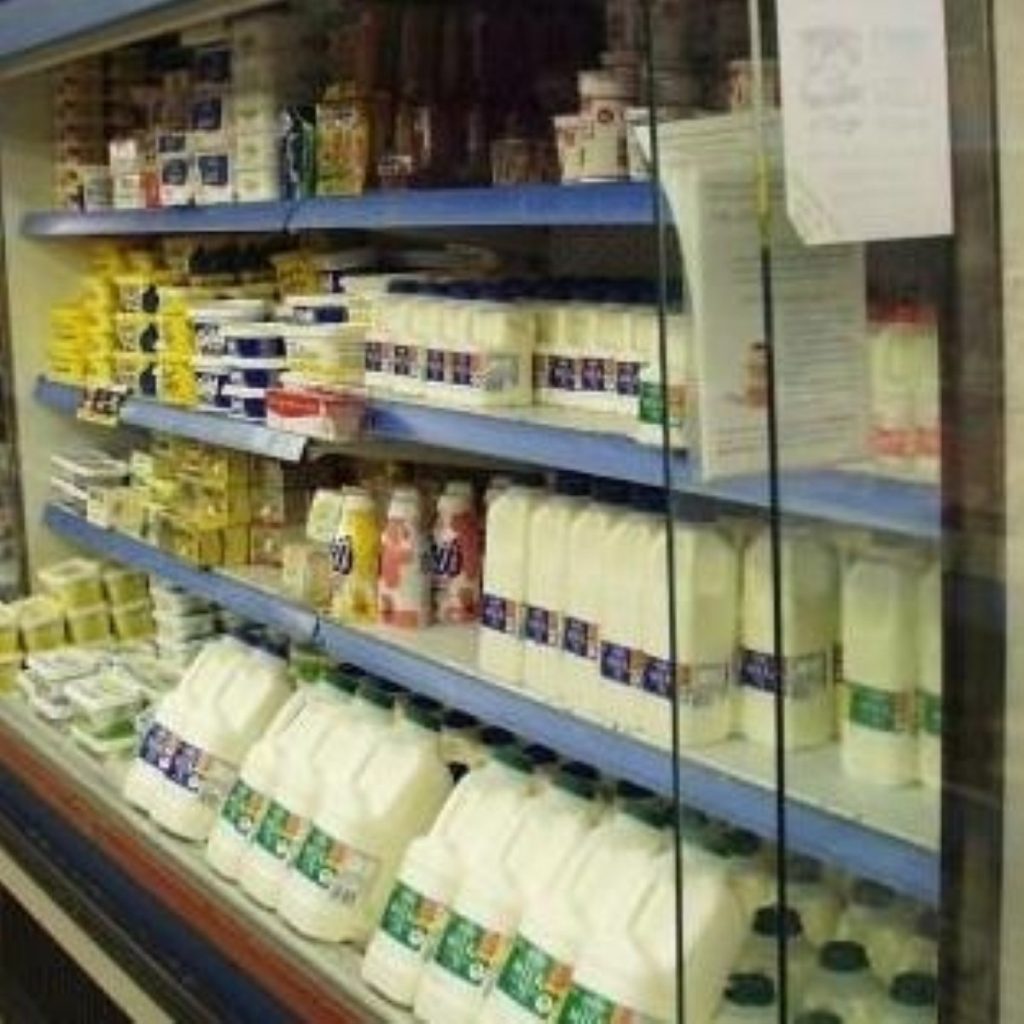Supermarket inquiry to focus on local issues
The Competition Commission has announced it will focus the next phase of its investigation into the groceries industry on local competition between supermarkets.
The commission has been investigating the impact of the four biggest supermarkets- Asda, Sainsbuy’s, Tesco and Morrisons – on competition since May last year after the Office of Fair Trading (OFT) referred the matter to them.
In today’s interim report, the commission said competition in local areas was the issue that matters most to consumers. Chairman Peter Freeman said: “We need to see what choices shoppers have in particular areas and how competition works between retailers of different sizes.”
He added: “It would be a cause for concern if supermarkets, either individually or collectively, were in a position to increase prices or lower their offer in any particular locality or region because of lack of effective competition.”


The four biggest supermarkets control nearly 75 per cent of the grocery market and the number of stores they own has doubled since 2000.
The commission also reveals for the first time the extent of land ownership by the chains, with Tesco owning the largest amount of unused land.
The report expresses concerns these “landbanks” can be used to prevent competitors from purchasing property in certain areas and says this issue will be examined further.
Sir Terry Leahy, chief executive of Tesco, said consumers benefited from its size.
He added: “All of the evidence suggests that customers are very satisfied with the choice available to them and new stores continue to open all the time.”
He insisted the market was competitive and said the competition was good for consumers.
Both the Liberal Democrats and the Conservatives have urged the commission to focus on the need to create local sustainable communities and the impact supermarkets have on small businesses.
Lib Dem food and rural affairs spokesman Roger Williams said: “Large chains must not be allowed to push specialist stores and village shops out of business, as they are necessary to create sustainable communities.”
Shadow trade secretary Alan Duncan said: “The inquiry must include the effect on small businesses and on sustainable communities – particularly in rural areas.”
The inquiry should “take into account the future of rural communities, where social cohesion is often based around farmers, growers and local retailers”, the Countryside Alliance recommended.
Business groups representing independent retailers have also called the commission to take a strong line with supermarkets to protect their members who may not be able to compete on price.
The chief executive of the Association of Convenience Stores, James Lowman, said: “We strongly believe that practices such as below cost selling and price flexing are targeted in a predatory manner and have the effect of closing smaller competitors.”
Clive Davenport of the Federation of Small Businesses (FSB) stated: “Independent retailers cannot compete for goods if supermarkets sell them to the public at lower prices than independent retailers can buy from wholesalers.”
The commission final report will be released in November and Mr Freeman urged interested parties, especially suppliers, to contact them with their opinions.
The commission has received few responses from farmers who “have been reluctant to provide us with details of specific instances to illustrate the general concerns that have been raised with us due to concerns of possible retaliation by grocery retailers.”
However, the commission said requests for confidentiality by suppliers “will be taken on board”.
To read the issue of the day on this subject click here.









